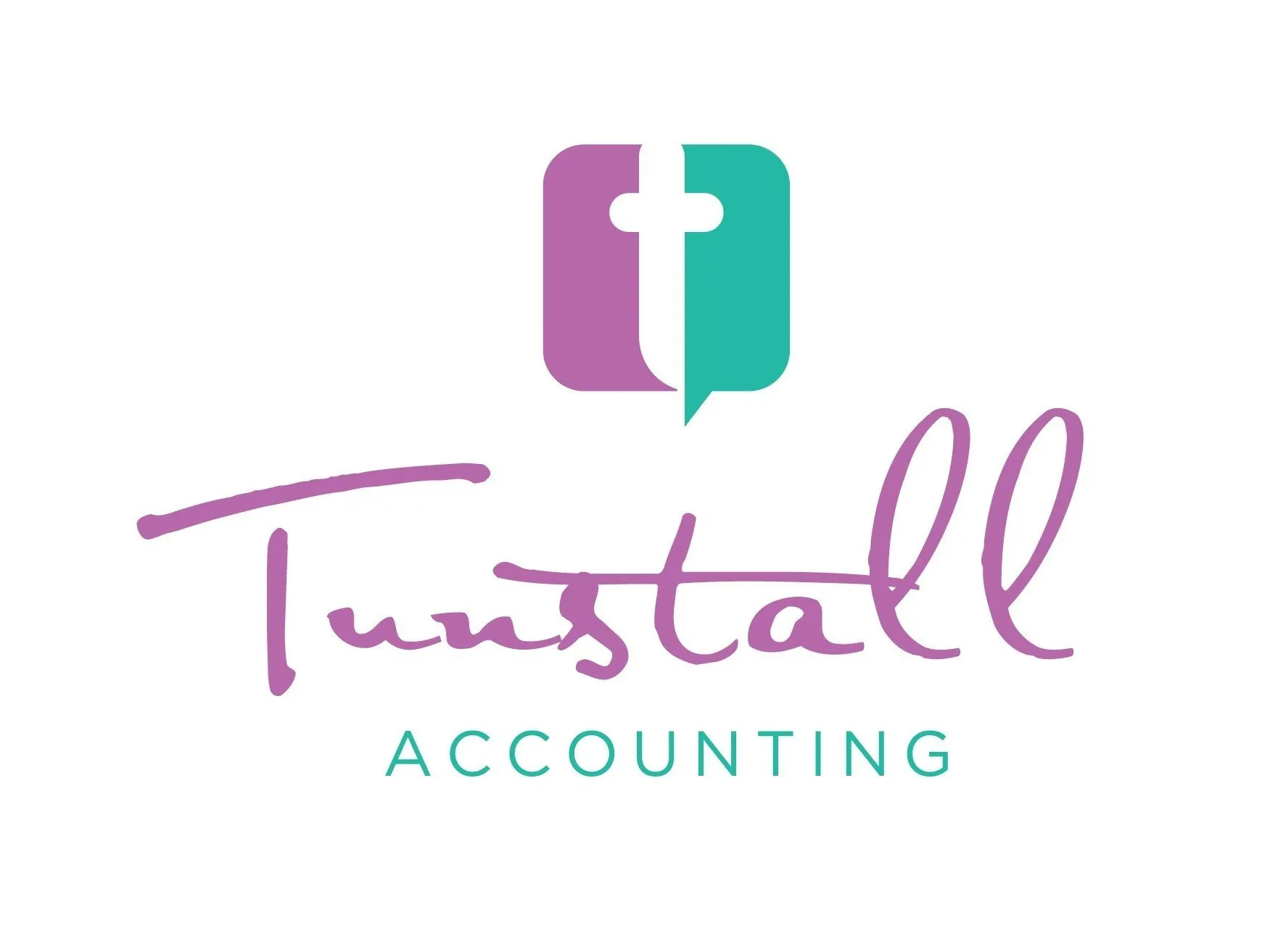Resources
Understanding Your Tax Code
Your PAYE tax code determines how much tax is deducted from your salary or pension before it is paid to you.
For the 2025/26 tax year, the standard tax code is 1257L, giving a personal allowance of £12,570. However, HMRC may apply different codes based on the circumstances of the taxpayer.
Checking your tax code regularly helps to ensure that you are paying the right amount of tax and can help to avoid the need for adjustments at the end of the tax year.
National Insurance
National insurance (NI) is a tax that funds essential state benefits, such as the NHS, state pensions and other social security services.
There are different classes of national insurance, determined by your employment status. If you are employed, NI will be deducted from your salary and your employer will pay this over to HMRC on your behalf. If you are self-employed, your national insurance will be reported and paid to HMRC through your Self Assessment tax return.
Pension Auto-enrolment
Auto-enrolment is a government initiative that requires employers to automatically enrol eligible 'workers' into a workplace pension scheme.
Both the employer and the employee must contribute a minimum percentage based on Government thresholds. These contributions are deducted through the payroll and paid to the pension scheme by the employer.
Employees can opt out if they choose but they will be re-enrolled every three years if they are still eligible.
Corporation Tax
Corporation tax is payable on the profits of limited companies and certain other organisations, such as co-operatives, clubs and associations.
Corporation tax is chargeable on:
- trading profits (income from business activities),
- capital gains (profits from selling assets such as property or shares), and
- investment income (interest earned on investments and savings).
Corporation tax is reported to HMRC through a corporation tax return (also known as a CT600).
Tax Implications of Electric Vehicles
Find out what tax reliefs are available for the purchase of electric vehicles and charging points for businesses, and the implications of providing an electric vehicle to an employee.
Side Hustles
If your side hustle counts as 'trading' under the HMRC rules, you may need to report your earnings and pay tax on any profits that you make.
